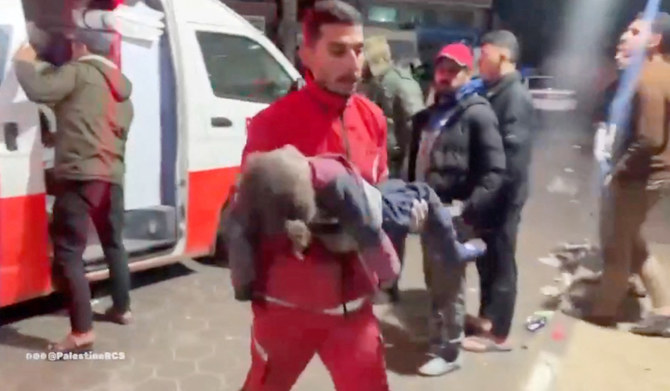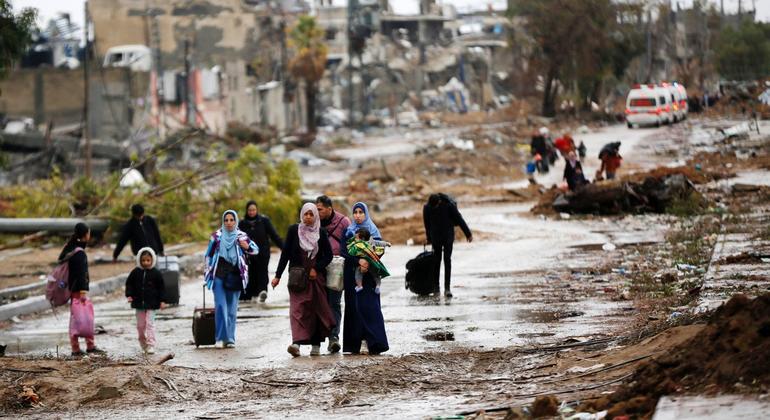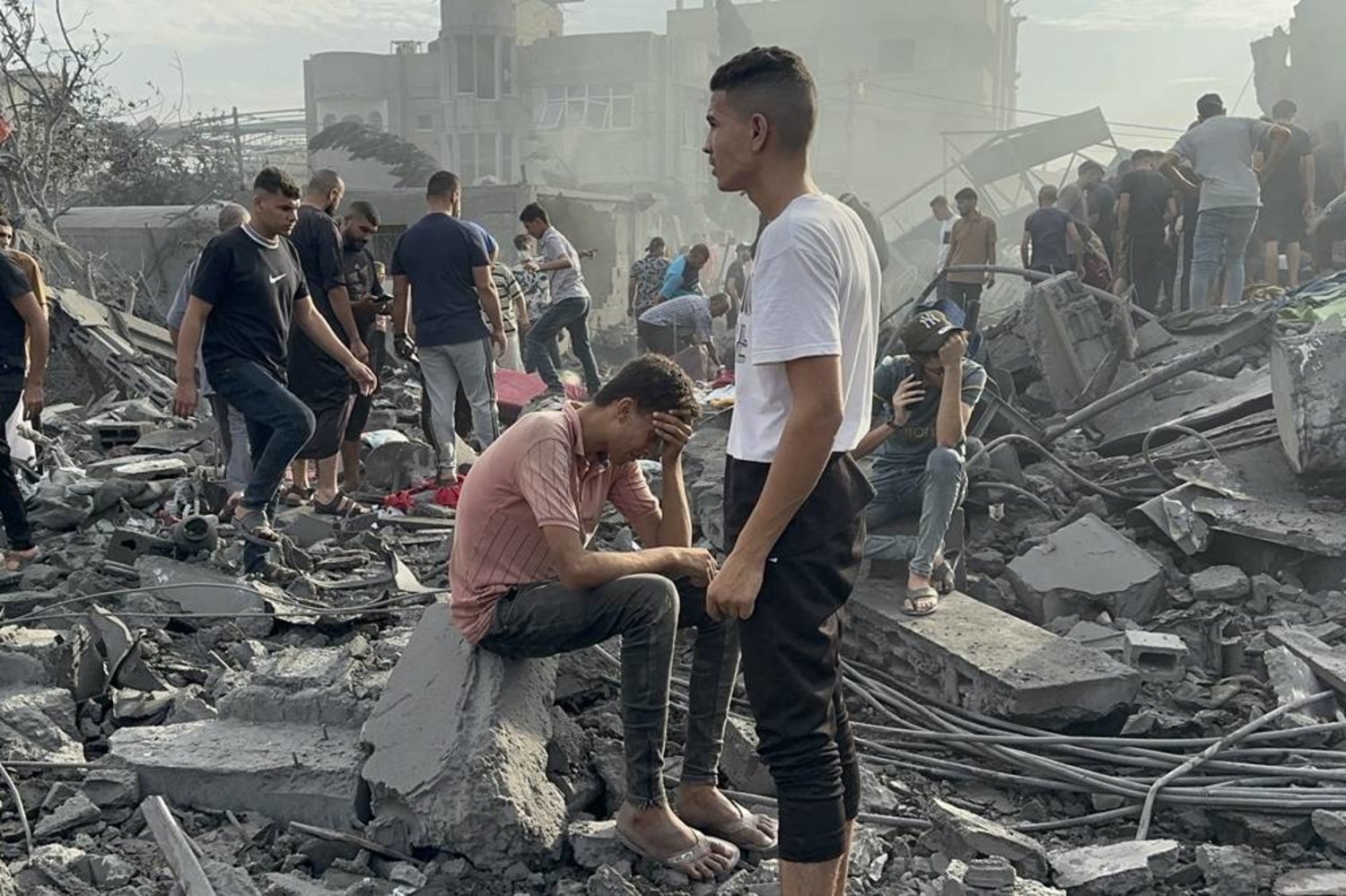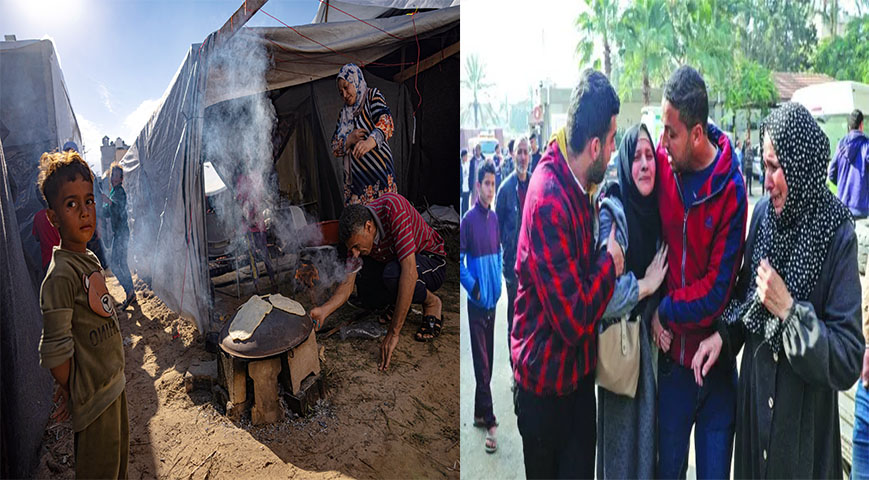Despite international calls for greater relief, the World Health Organisation said that its ability to give aid and support struggling hospitals in war-torn Gaza was "shrinking."
WHO officials witnessed harrowing sights of badly injured patients, including young children, begging for food in hospitals, where the majority of its health workers had fled for their own safety.

Did you read this?
Sean Casey, WHO emergency medical teams coordinator via videolink from Gaza, said they are seeing this humanitarian catastrophe unfold before their eyes.
"We're seeing the health system collapse at a very rapid pace," he warned.
The Israeli army claims the conflict has entered a new phase, with troop cutbacks and more targeted attacks in the middle and south of the region.

However, Casey stated that he had "not seen the lowering of the intensification" on the ground.
"What we are still seeing... is a huge number of casualties related to hostilities, so shrapnel injuries, gunshot wounds, crush injuries from buildings that collapse. That's still happening every single day."
According to an AFP assessment based on official Israeli numbers, the battle followed a Hamas strike on October 7 that killed roughly 1,140 people in Israel, largely civilians.

According to Israel, the Palestinian terrorist group also captured roughly 250 prisoners that day, 132 of whom are still held captive. At least 25 of them are believed to have been killed.
According to Gaza's health ministry, Israel has retaliated with unrelenting shelling and a ground assault that has killed more than 23,200 people in three months, the majority of them women and children.
According to the UN, the war has displaced around 85 percent of Gaza's 2.4 million people, putting citizens in the beleaguered Palestinian territory at risk of starvation and illness.
Last month, a UN Security Council resolution ordered that additional help be allowed in, but the WHO claimed that access had deteriorated.









